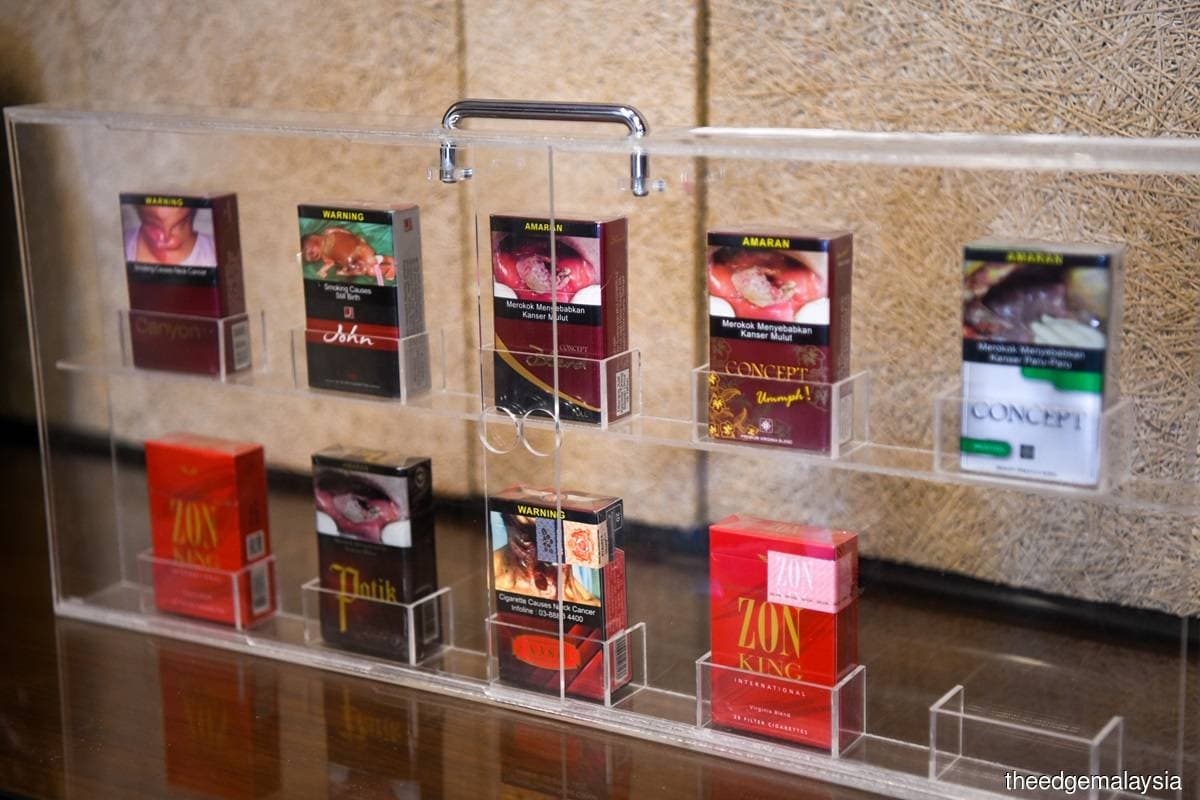
Kuala Lumpur (Feb 27): The incidence of illicit cigarettes in Malaysia declined to 55.6% in 2023, marking its lowest level after hitting an all-time high of 63.8% in 2020.
The decline in 2023’s figure for the illicit cigarette incidence showed a declining trend from 57.3% in 2021 and 56.6% in 2022, according to the latest Illicit Cigarettes Study in Malaysia by NielsenIQ.
JTI Malaysia General Manager Juliana Mohd Yahaya said the strict comport control and vigorous enforcement actions against illicit operators by the Royal Malaysia Police and Royal Malaysian Customs Department had resulted in a decline in incidence of illicit cigarettes in Malaysia.
Still, Juliana said the country’s illicit tobacco market share remains high at above 55% level. This has resulted in Malaysia losing an estimated RM5 billion tax annually due to cigarettes smuggled in.
Going forward, Juliana called on the government to consider a more predictable and moderate cigarette taxation if there is any tax hike in the future. This is to remove price shocks that drive consumers to downtrade to illicit cigarettes.
Juliana also called for the government to review the efficacy of the current paper-based tax stamps and consider alternative solutions such as the more secure and cost-effective digital tax codes in line with the government's drive towards digitalisation.
Fake tax stamps incidence more than tripled since 2016
This was against the backdrop of the fake tax stamps seeing a worrying threefold increase since 2016.
The latest released Illicit Cigarettes Study showed that the incidence of fake tax stamps surged to 8.7% of the market in 2023 compared with 2.8% in 2016.
Despite the decline in incidence of illicit white cigarettes to 39.5% in 2023 from 41.4% in 2022, the legal cigarette industry volume remained flat partly due to consumers switching to vaping products.
Juliana shared that Malaysia is the world 12th largest e-vape market, according to market research Euromonitor.
Although e-liquids containing nicotine have already been exempted from the Poisons Act 1952 since April 1, 2023 allowing them to be sold at retail outlets, vaping products have yet to be regulated.
She said this regulatory gap has allowed irresponsible operators to market vaping products that mimic toys and e-liquids that contain dangerous ingredients that are prohibited in developed jurisdictions.
On top of the marketing, there are also no regulations to control the e-vape products in terms of the nicotine volume and strength.
Hence, she called on the government to urgently enact regulations under the Control of Smoking Products for Public Health Act 2024 to protect consumers of vaping products as well as facilitate excise tax collection from this product category.
